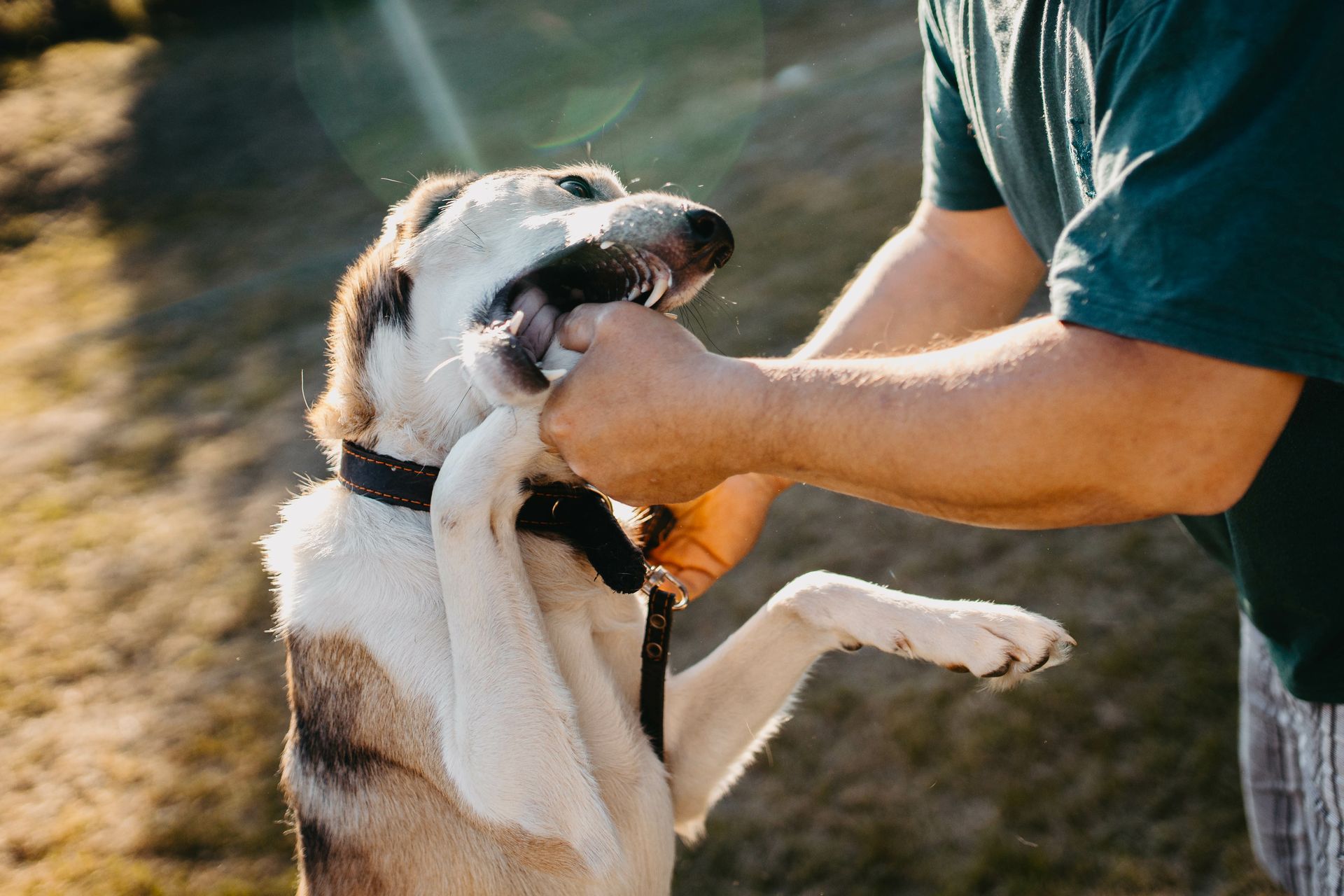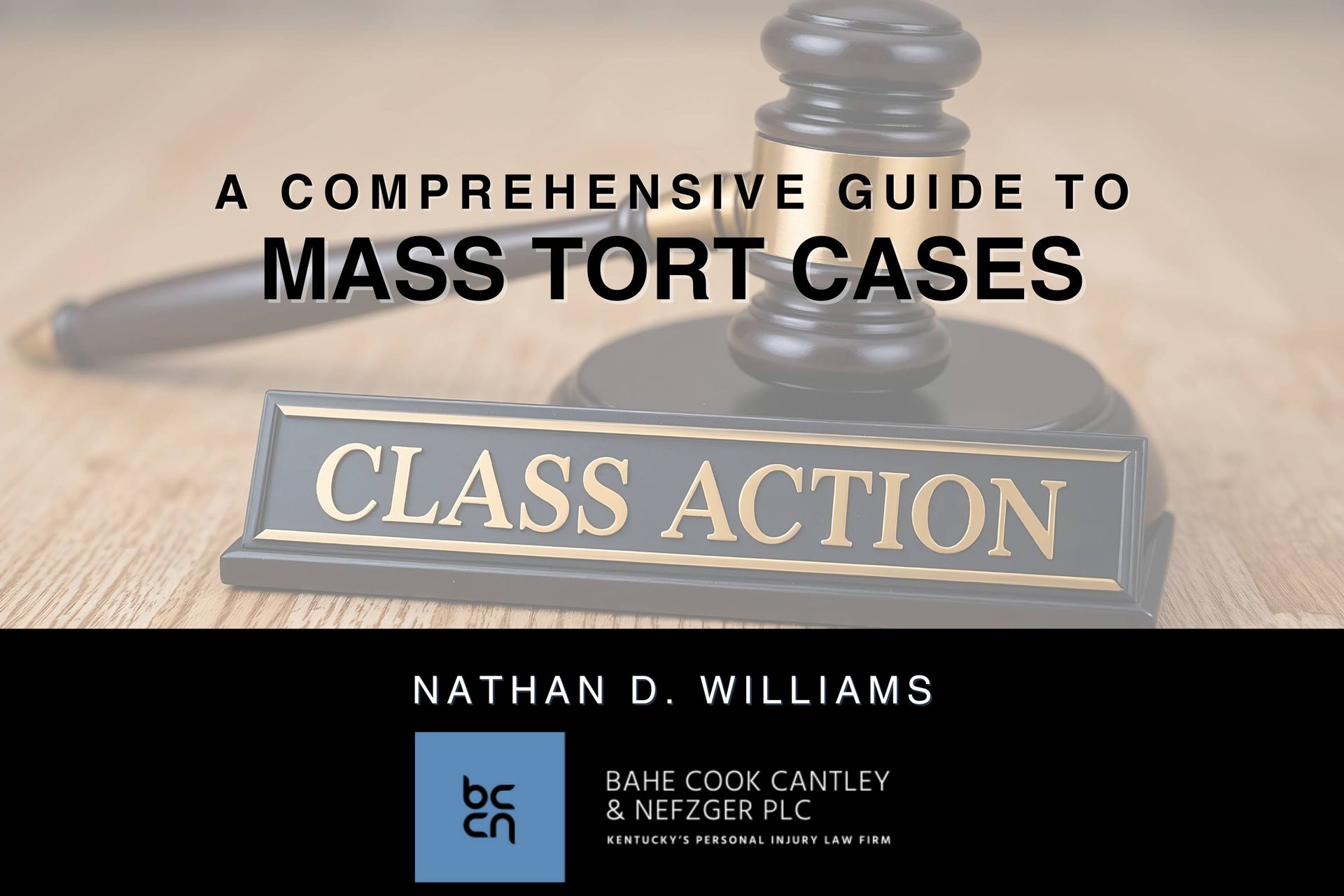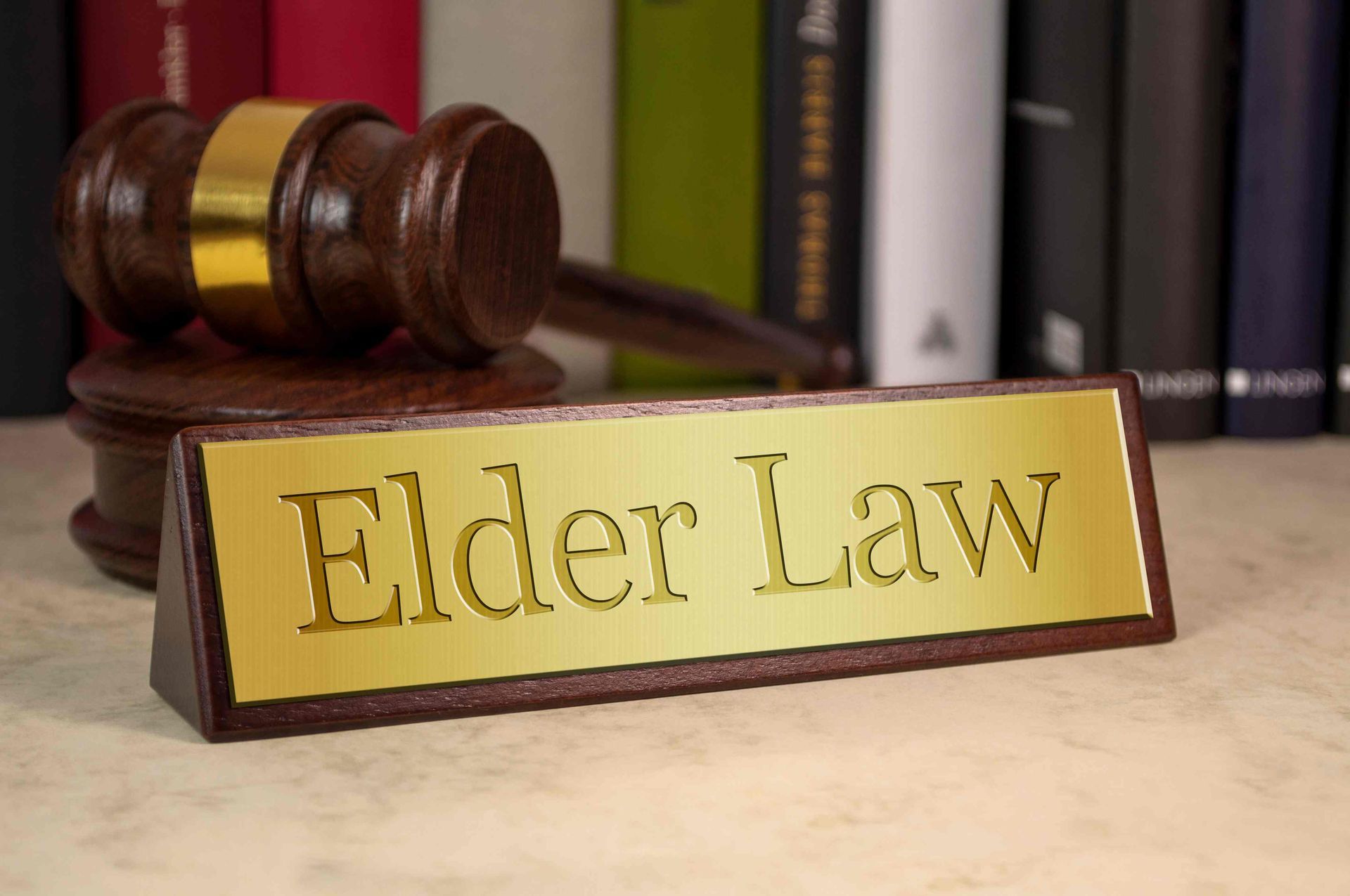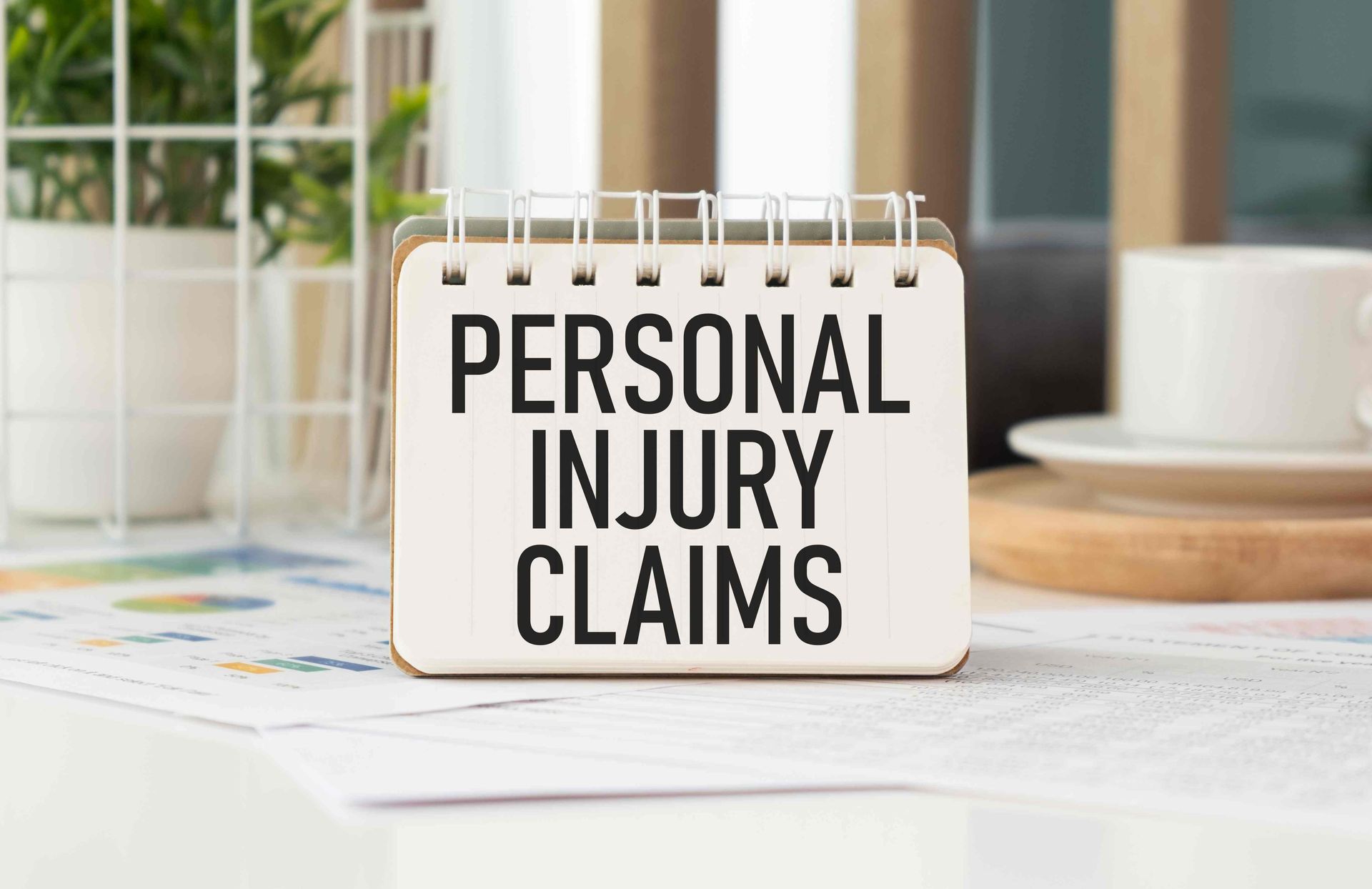Here’s What You Should Do if a Dog Bites You
A dog bite can be a very traumatic and confusing experience. You never know how one wrong move can trigger even the friendliest canines, pushing them to do something out of character.
According to a study,an average of 337,103 people in the USA need emergency care treatment annually for serious dog bite injuries. Over 5,700 (1.7%) of them needed hospitalization.
In addition to the injury caused by the bite, there is a risk of exposure to rabies and other serious infections.
When a dog bites you, knowing the immediate do's and don'ts can help you manage the immediate aftermath and guide you through the potential legal intricacies that may follow. Kentucky Dog Bite Laws outline what needs to be done, but if you have little knowledge about your legal rights, the process may be even more challenging.
In this article, we will guide you through the critical steps to take after a dog bite, when and how you can sue the dog owner, and what to do if the dog does not have an identifiable owner.

Steps to Follow After a Dog Bites You
Follow these steps if you are bitten by a dog:
- Wash the wound thoroughly using a mild soap under running warm water for at least five to 10 minutes.
- Apply an over-the-counter antibiotic ointment if you have one on hand.
- Wrap the wound in a bandage. You can also use a clean, dry towel if you do not have a bandage.
- Keep the bandage on until you can go see a doctor.
- The doctor will inspect the wound, disinfect it, and give you tetanus and anti-rabies shots. This is non-negotiable for any animal bite.
- Follow the doctor's instructions about keeping the wound clean.
- Observe the wound and your body for signs of infection, such as redness, swelling, increased pain, or fever.
- Consult a lawyer for the next steps.
Remember, such an incident should not be taken lightly. No matter what, you must see a doctor within eight hours of a dog bite. Under no circumstances should you wait any longer, as it increases the risk of infection.
It has been reported that nearly 60,000 Americans receive post-exposure prophylaxis (PEP), which is the preventative treatment for rabies. If you have other chronic conditions like diabetes or autoimmune deficiencies, you are at a higher risk for infection.
Do’s and Don’ts After a Dog Bite
Here are some do’s and don’ts after a dog bite.
- Do: Seek Immediate Medical Attention
- Even if the bite appears minor, consult a healthcare professional as soon as possible. Dog bites can lead to very serious infections, like tetanus or rabies.
- Don’t: Ignore the Wound
- Aside from much-needed treatment and infection prevention, going to a doctor serves as critical evidence for your legal case. Medical records will show the severity of the injury.
- Do: Take Legal Advice
- There are statute limitations for filing personal injury claims, including dog bites. Consulting with a legal professional will help you navigate your rights and potential for compensation.
- If you are in Louisville, Kentucky, contact Bahe Cook Cantley & Nefzger PLC . Our areas of specialization include dog bites and attacks.
- Don't: Negotiate with the Dog Owner
- While it may seem easier to handle the situation yourself, you might unknowingly compromise your right to fair compensation if you try to negotiate with the dog owner. So, always seek legal representation. All correspondence will be carried out through a legal team for fair compensation.
- Do: Document Your Injuries
- Documenting your injuries is essential for any potential legal battle. Take detailed pictures and videos of your injury, treatment, even the dog—anything you think that can help your case.
- In addition, the incident should be reported to local authorities and animal control.
- Note down the owner’s name, as well as the time and location of the injury. Your lawyer will take over from here and get in touch with witnesses.
In What Cases Can You Sue the Dog Owner?
Every state has different laws that dictate to what extent the dog owner is liable for such an incident. Generally, you can sue the owner if you can prove negligence, such as an unleashed dog in a public space. Some states have stricter liability laws, where the owner is responsible regardless of the dog's behavior. In some states, you can sue if a cat or dog just chases after you and causes a fall or other injuries.
If your state has a one-bite rule, owners are responsible for any harmful actions done by their dogs. Under this law, owners are responsible any time their dog hurts someone, regardless of the dog’s past behavior or the owner’s negligence.
When Dog Bites Are Considered Admissible?
You can sue if a dog has made physical contact with you but has not punctured its teeth into your skin. However, the chances of a successful lawsuit are quite low.
If the dog’s teeth have left shallow punctures on the skin, leaving a wound and a chance of infection, it could be admissible.
Simply put, a dog bite that leaves the skin torn, bleeding, punctured, and in need of medical attention makes for a reasonable case. Injuries that lead to significant physical scarring and disfigurement and hinder your ability to work also warrant a serious legal claim.
What If the Dog Is Ownerless?
In some states, you can still file a case if the dog that bit you has no known owner. However, the case may be a little more complex. An experienced attorney might be your best bet to guide you.
In addition, anyone handling the dog (a dog sitter or walker) can be sued in some states. Similarly, you may be able to sue the property owner where the incident occurred.
What If the Dog Is Ownerless?
Getting bitten by a dog is stressful. Beyond the sudden and violent encounter, there are significant medical concerns that come with it.
If you’ve been bitten, go to the doctor as soon as you can. Take pictures of the bite and make sure there are medical records that reflect your wound and how it’s been treated.
Finally, get professional advice from Bahe Cook Cantley & Nefzger. Our expertise in animal bite cases can help you assess if you have a legal case and are entitled to compensation.
The first consultation is free. Call us at
(270) 789-0088.













